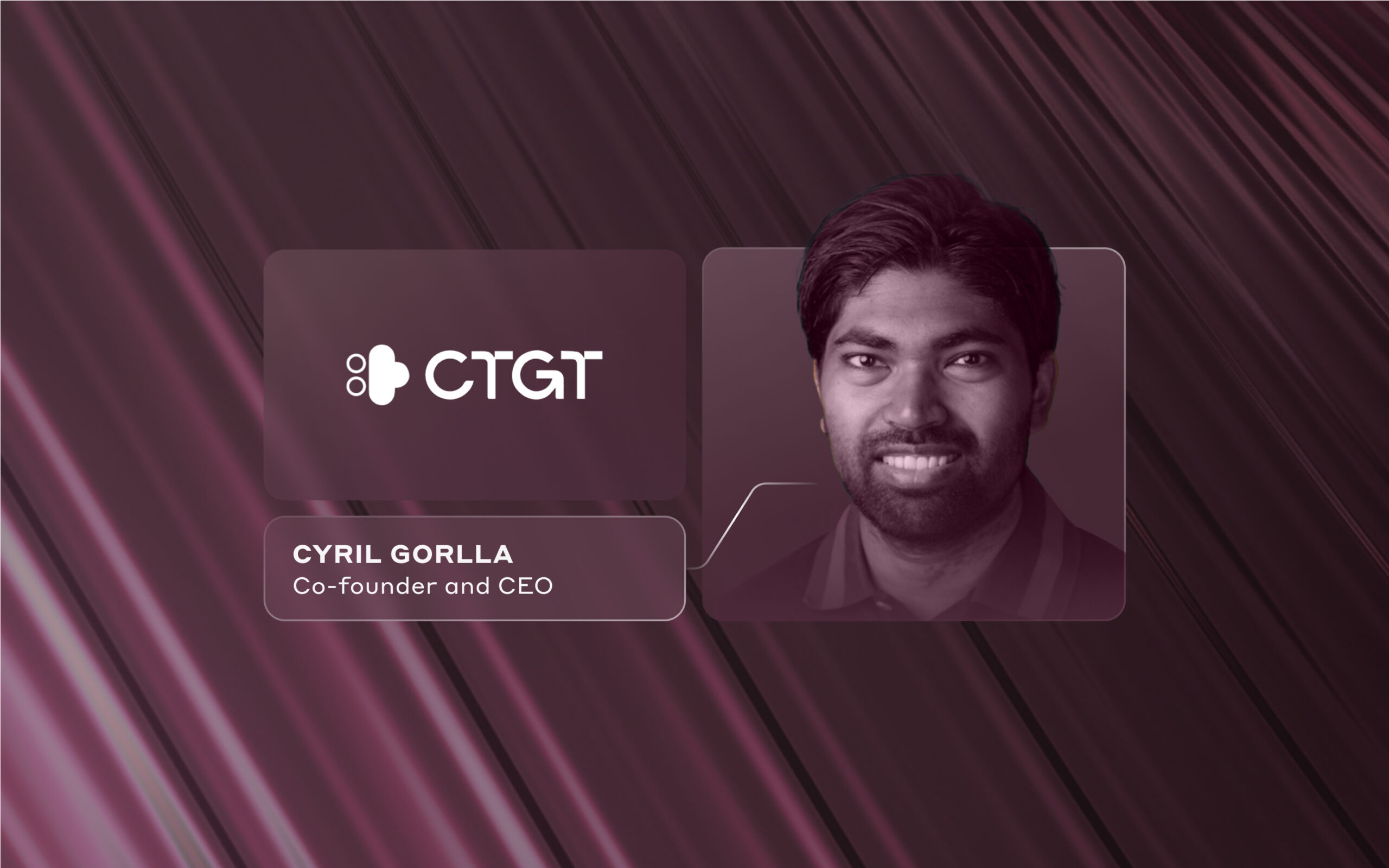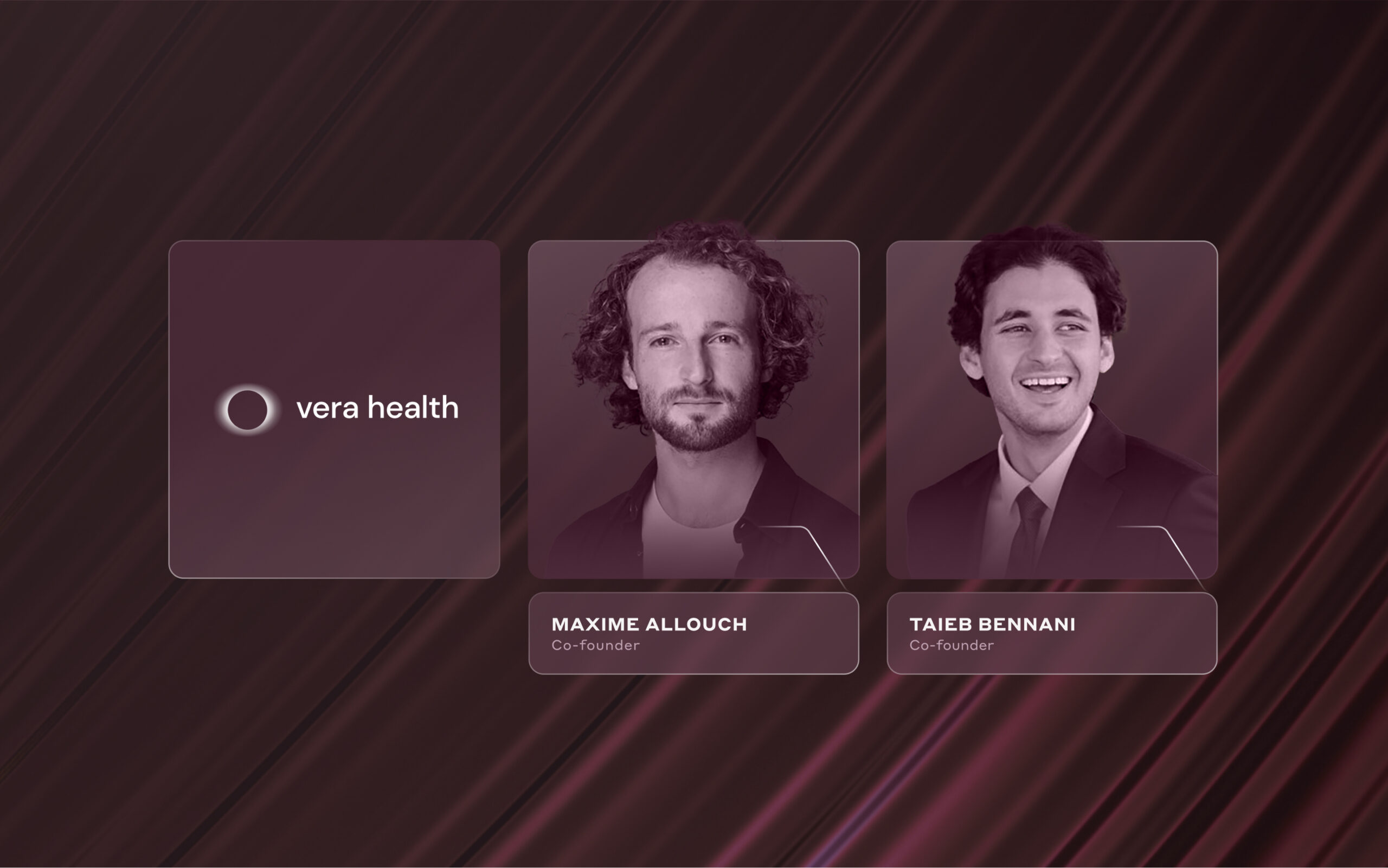Founder spotlight: How CTGT’s Cyril Gorlla is making AI trustworthy for enterprise

As enterprises race to remain on the cutting edge of AI in their respective industries, there's a palpable tension growing inside of these companies. Often, enterprise businesses sit on top of powerful AI models, but can’t deploy them due to hallucinations and unpredictable behavior.
Surface-level fixes like “become better at prompt engineering” or having LLMs validate other LLMs aren't cutting it as solutions for high-stakes applications. At the apex of this inflection point is where CTGT comes in.
Cyril Gorlla is the co-founder of CTGT, which helps enterprises scale their generative AI efforts thoughtfully and safely. Its novel approach to customizing, training and deploying AI models dramatically cuts down time-to-production while also automatically detecting and eliminating hallucinations.
Much of this is thanks to Gorlla’s life-long interest in technology. Throughout his career, Gorlla has worked to train machine learning algorithms and make AI more trustworthy, efficient, and intelligent. At CTGT, he’s helped Fortune 500 companies achieve 99.999% AI reliability.
CTGT recently raised an oversubscribed $7.2M seed round. Gradient, Google's early-stage AI fund, led the round with participation from General Catalyst, Y Combinator, Liquid 2, Deepwater, and notable angels.
Rippling caught up with Cyril to chat about his background in AI risk management, how his theoretical research became practical sooner than expected, and what’s next for his team.
How’d you get your start?
I was a deep learning researcher at the University of California, San Diego when I met Trevor Tuttle in the school’s computer science dungeon. I started researching how neural networks learn at a fundamental level so we could build better models, which eventually led to us co-founding CTGT. Trevor specializes in the scalable system side. I specialize on the algorithmic side.
Who are your customers?
We typically target enterprises that deploy AI in high-risk use cases. Our customers work across finance, healthcare, security, and anywhere else where the potential risks of AI are pretty high and there’s low tolerance for unreliable outputs.
We typically find that companies really start feeling the weight of potential AI risks once they hit around 100 employees. At that scale, the threat of AI malfunctioning really becomes evident and the need to make sure that doesn't happen becomes all the more pressing. Around 44% of companies have reported negative consequences from deploying AI. We give customers the tools to safeguard AI against bad behaviors.
Can you share a pivotal moment that’s impacted your company’s direction?
After seeing some of our foundational work on AI during public talks, companies started coming to us to see if we could solve some of their practical use cases. That was kind of unexpected. People were interested in the error elimination functionality of our entirely new AI stack. We realized there was a big hole in this sector, since there wasn’t a definitive solution for this very important problem. Now, CTGT is becoming the standard for AI security compliance and safety.
Any advice for founders?
If you're doing something deeply technical, there may be ready applications of what you’re working on that can solve people's real problems today. It doesn't have to be theoretical for years. Try applying it in the here and now while maintaining a deep level of technical credence and background.
What’s next for CTGT?
We want to find the people who will help us build out our platform. It's really important to make sure that we’re providing a high level of customer service and support—especially to enterprises that require the best experience possible. For us, that means expanding our core engineering team.
Why Rippling?
Rippling gives us the exact resources we need at this stage of our growth. It's easy to use and provides a great onboarding experience for YC founders.
This blog is based on information available to Rippling as of February 18, 2025.
Disclaimer: Rippling and its affiliates do not provide tax, accounting, or legal advice. This material has been prepared for informational purposes only, and is not intended to provide or be relied on for tax, accounting, or legal advice. You should consult your own tax, accounting, and legal advisors before engaging in any related activities or transactions.










